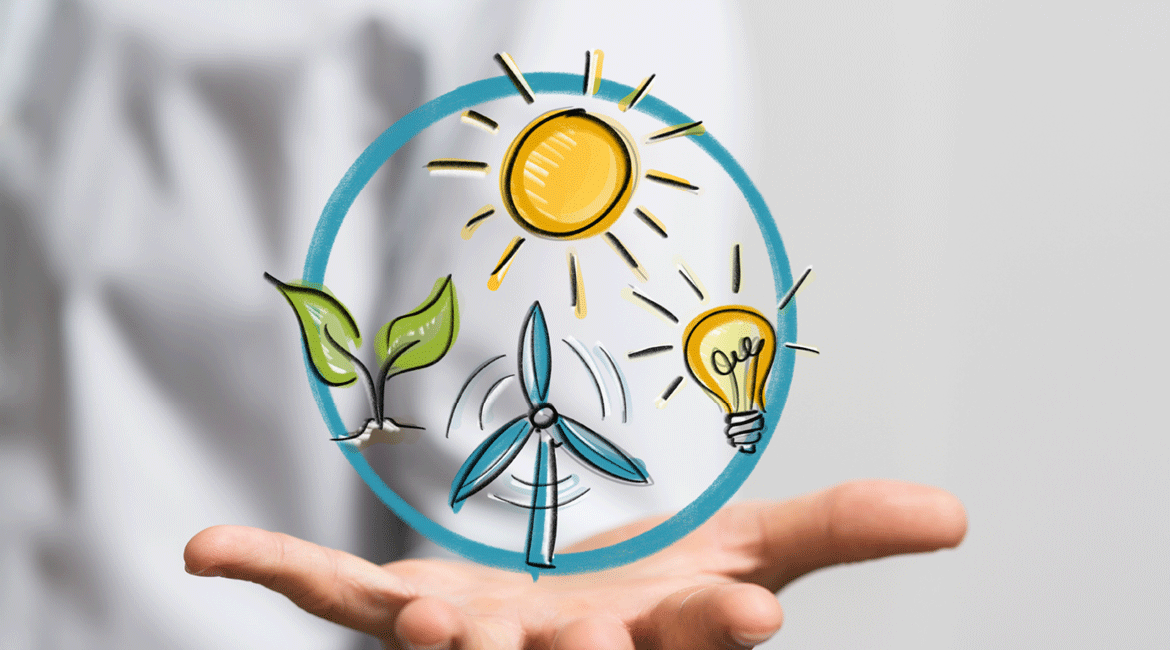
Update on funding for energy and resource efficiency
To increase investment in climate protection measures, the federal subsidy for energy and resource efficiency in the economy (EEW) has been amended. We have compiled all the changes for you.



To increase investment in climate protection measures, the federal subsidy for energy and resource efficiency in the economy (EEW) has been amended. We have compiled all the changes for you.
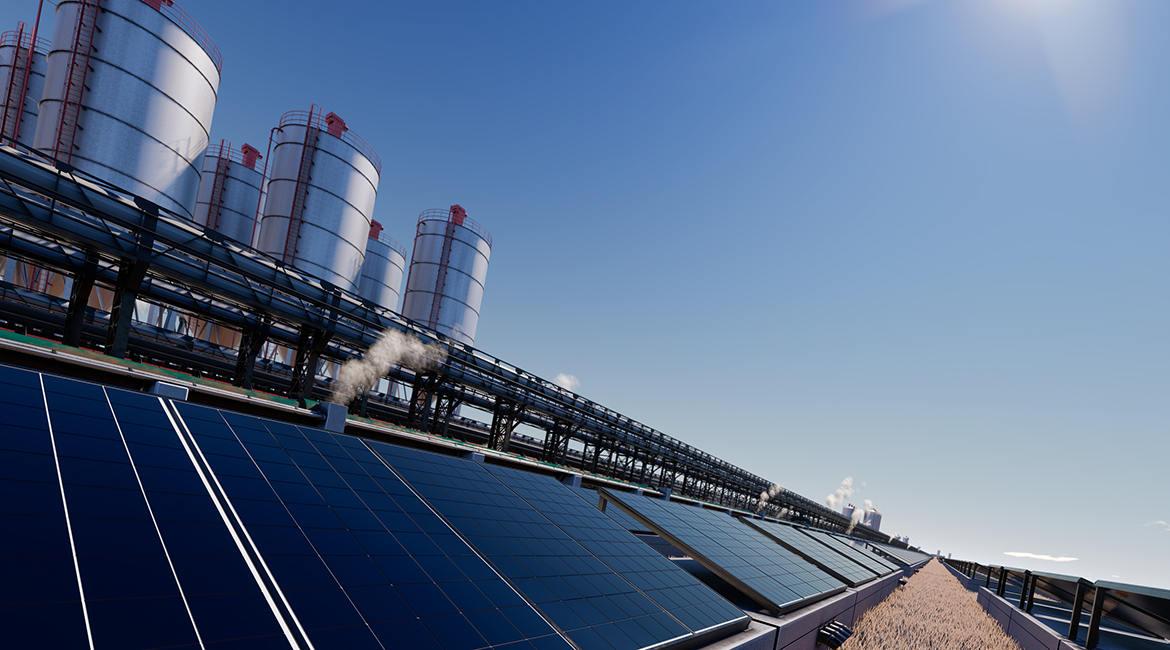
Are you currently planning actions to decarbonize process heat generation or would you like to be a pioneer in carbon-neutral heat supply? A funded project aims to accelerate the use of energy-efficient, carbon-neutral process heat solutions.
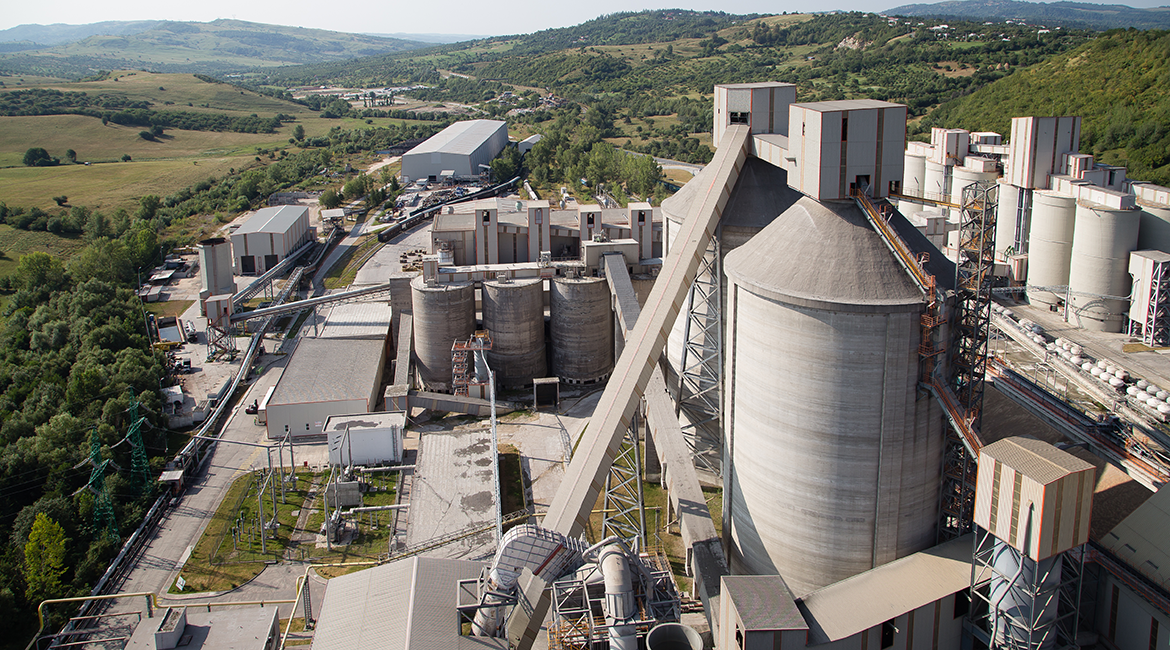
With the new “Climate Protection Contracts” (Klimaschutzverträge) funding program, the German Federal Ministry for Economic Affairs and Climate Action is supporting companies in the energy-intensive industries.
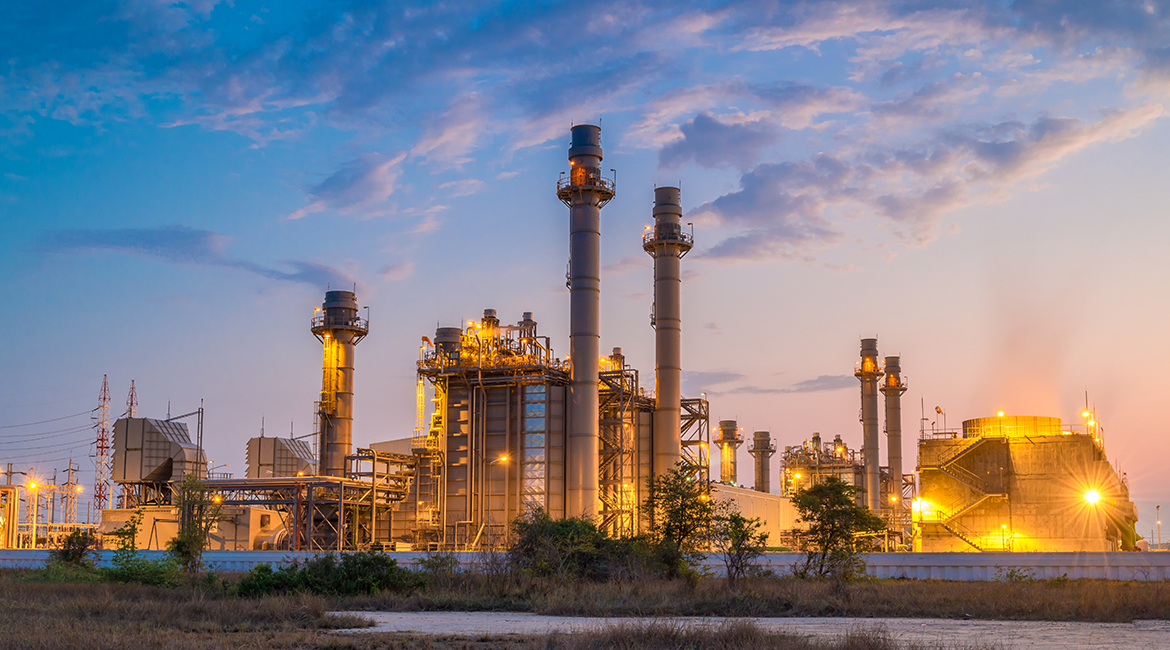
Energy-intensive and trade-intensive companies have been able to apply to the Federal Office of Economics and Export Control (BAFA). The goal is to support companies that are particularly hard hit by high energy prices.
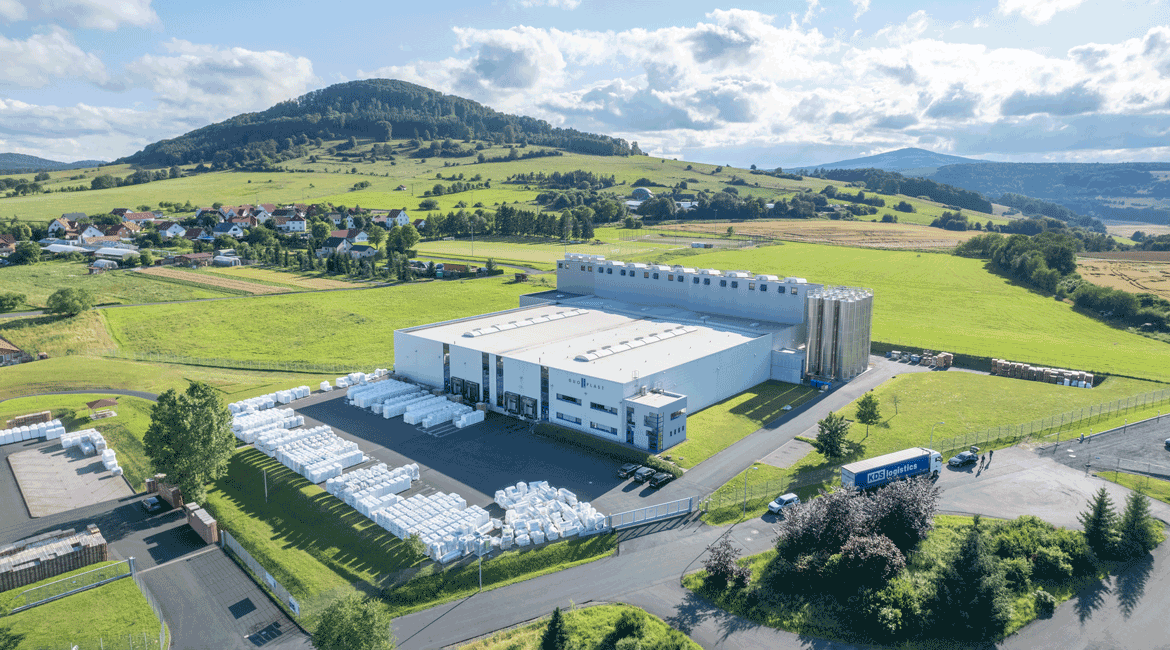
DUO PLAST AG has set out on the path to climate neutrality. For this purpose, ÖKOTEC is developing a transformation concept with a roadmap of measures for climate-friendly production together with the stretch film manufacturer.

Energy efficiency networks have been an integral part of ÖKOTEC’s business since its beginnings over 22 years ago. Over 50 networks have been accompanied by our team of experts in various roles.

The new BMWi subsidy “Transformation Concepts” is launched: It supports companies on their way to climate neutrality. They receive a funding rate of 50% for their concept, the maximum funding amount is €80,000.*

The pilot program Savings Meter (“Einsparzähler”) of the German Federal Office of Economics and Export Control funds digital business models for energy efficiency. Since January 2021, the Project Office has been supporting program realization.
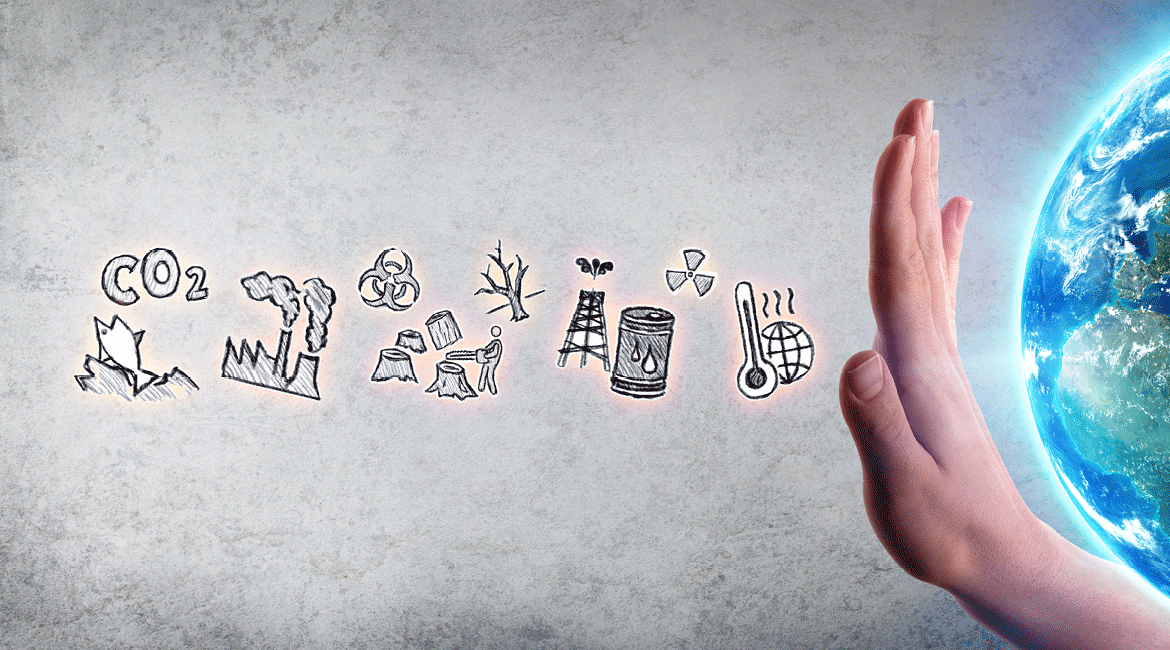
The “Decarbonization in Industry” program of the German Federal Ministry for the Environment (BMU) helps energy-intensive industries to largely and permanently reduce process-related greenhouse gases through the use of innovative technologies.
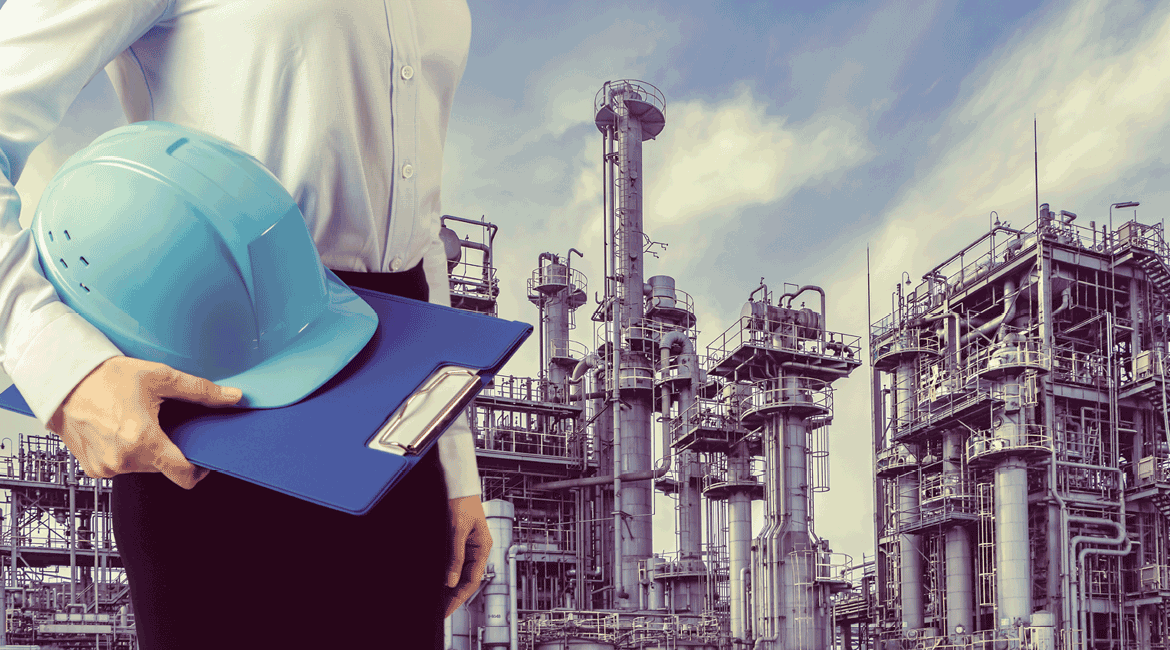
Companies from a variety of industries submitted a wide range of energy-efficient measures and plan to invest around €19.5 million to increase energy efficiency in order to save around 16,000 tons of CO2 per year.

The German Energy Agency’s (dena) “Lighthouses CO2 savings in industry” project aims to publicize economic energy efficiency potential and proven measures for waste heat utilization. This example shows the use of waste heat in a steel mill.